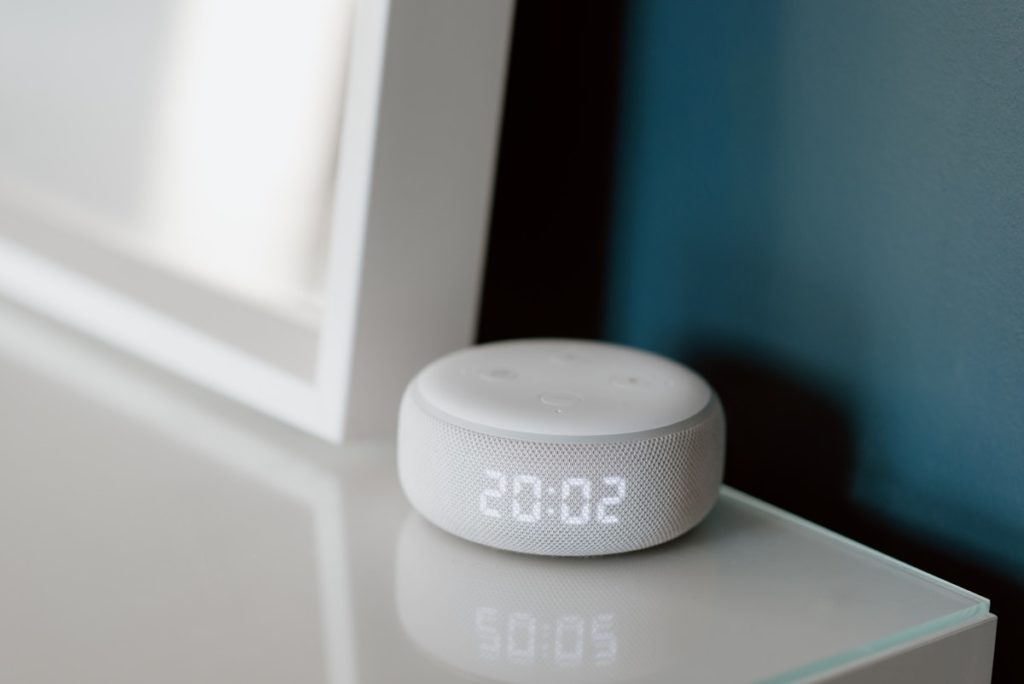Nowadays, everyone relies on technology to get every little thing done, from housework to corporate deadlines and even meeting with your friends; there’s no platform or activity on the face of the Earth that technology has not been able to improve. As a result, the standard of living for the vast global population has significantly improved due to technological innovations. They’ve also helped lessen the burden of the global pandemic for simple households and even the biggest of companies.
Furthermore, technology has become so smart that it wasn’t satisfied by better and more powerful phones and electronics. Still, it has now migrated into smart home technology, enabling our simple houses to do much more than we could realize. However, it now begs the question of how this will affect the real estate market and whether accounting for these smart home tech upgrades in your budget will be a worthwhile investment.
People Love Tech Upgrades
If there’s anything we can take from the large consumer electronics market, it’s that people love their tech upgrades and are always after the next newest product available, with tech giants like Apple and Samsung always reporting excellent profits quarter after quarter. And since smart home tech is an emerging space that’s slowly gaining traction, it will only be time until people also clamor over the next best thing they can install onto their properties.
- Increased Convenience: There’s no industry that can’t benefit from increased convenience, like how blockchain technology is revolutionizing financial systems and the better connectivity of electric vehicles. And the same concept applies to smart home tech; it makes everything in your home a lot more convenient to use because it can be easily configured from a single hub or through voice command. Plus, many of these systems can be automated with close to zero input on the homeowner’s end.
- Long-Term Energy Savings: Every industry is taking on an environmental approach to innovation, and with the help of smart home technology, you can experience long-term energy savings. For example, many smart appliances are more than capable of discerning when peak hours occur and if they should adjust. Most fully integrated smart home systems come equipped with comprehensive monitoring applications that will keep you updated. Therefore, the level of control you have over your entire home makes it almost impossible to miss any minute detail.
- Better Home Safety: Last but not least, safety is still a top priority, and smart home security camera systems can directly connect to your phone or any handheld gadget to keep you posted on people entering the property or any suspicious movement. Many of these applications also offer a configuration that will immediately alert security services and authorities if anything serious were to happen, which significantly deters the risk of anything bad from happening to you and your family.
But There Are Also Barriers
Likewise, smart home tech isn’t perfect. We also need to evaluate the challenges of a smart home from all other relevant aspects like technical literacy and upfront costs of installation. Of course, there’s no denying that in the long run, smart home technology will pay for itself. Still, we also need to consider that some people don’t necessarily need it, or there might be a breakthrough that turns currently available products obsolete.
Costly Initial Investment

Number one, installing an integrated smart home system to a property is a costly initial investment and won’t exactly play well with any real estate investor or house-flipping project that’s working on a tight budget. Yes, you might be able to identify the demand for smart home tech in the neighborhood. Still, if it comes at the expense of other traditional fixes, then potential homebuyers will always prefer the latter. A property could be equipped with the latest smart home tech can offer. Still, if it has an undesirable backyard garden, a problematic plumbing system, or needs a carport replacement, then it won’t be getting offers anytime soon.
Technical Troubleshooting
Number two, while most people like to consider themselves tech-savvy, there’s also the risk of running into technical troubleshooting problems and not knowing how to fix them. The last thing anybody would want from a smart home system is to give them headaches when it was supposed to make life at home a lot more convenient. And if you go through the trouble of having multiple applications, compatibility issues are problems that you could run into next. Moreover, this isn’t considering that a house needs steady and reliable internet and electricity to keep everything running properly.
Weigh Your Options
In conclusion, installing smart home tech into your next property flip is a 50-50 split decision that could go either way. And, depending on the location, the possibilities range from high-demand down to not a necessity in certain areas. So, weigh your options first and evaluate whether you can offset the negatives with benefits or if it’s impossible to achieve.




